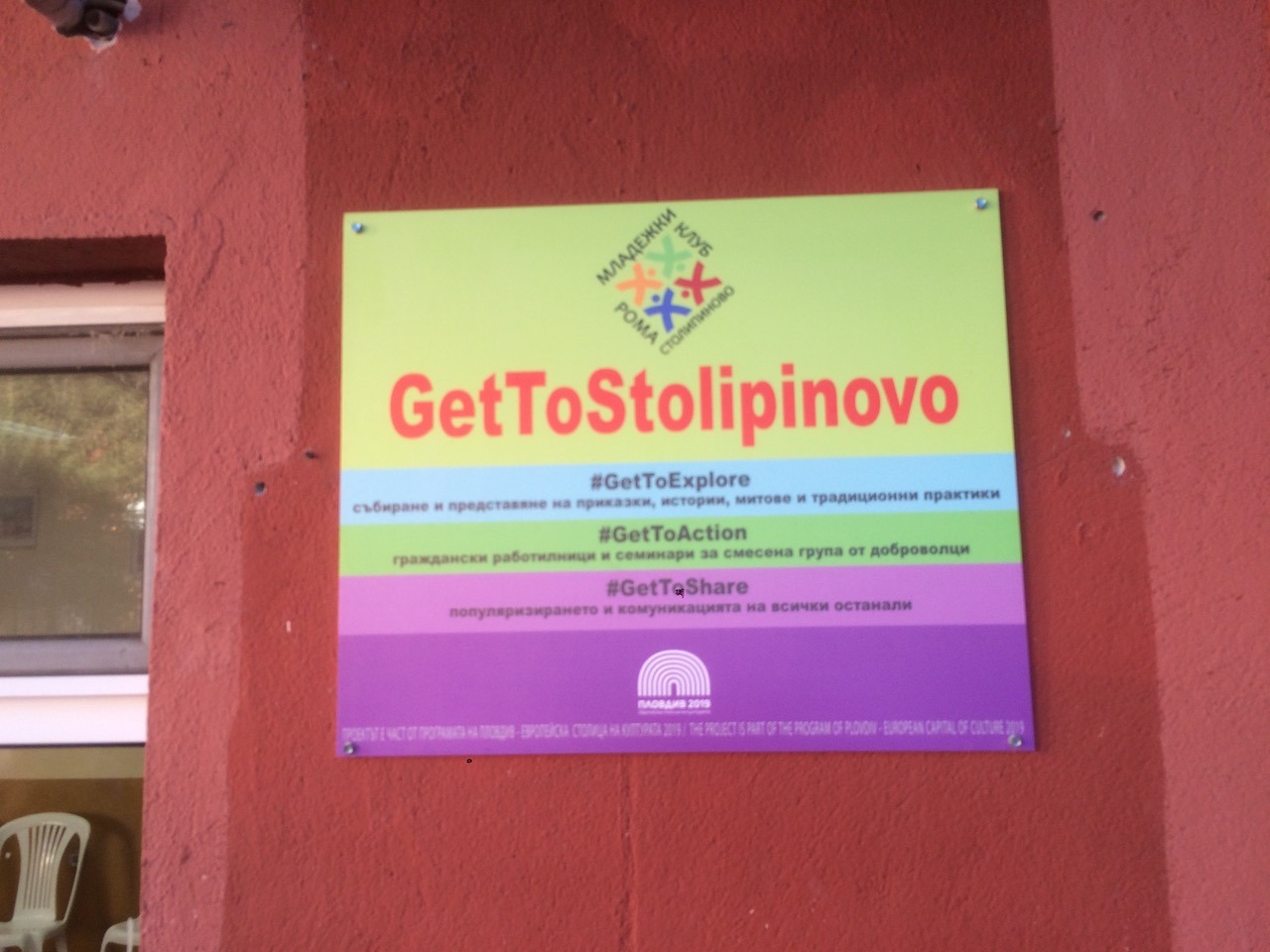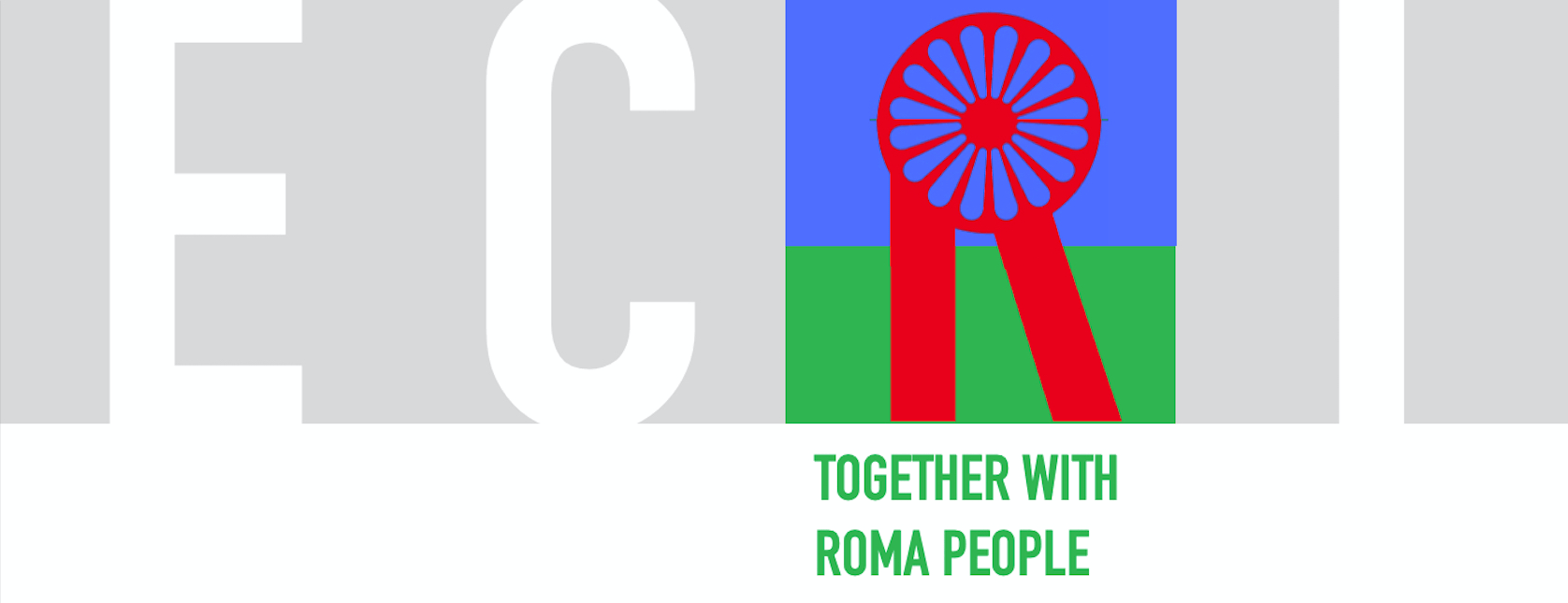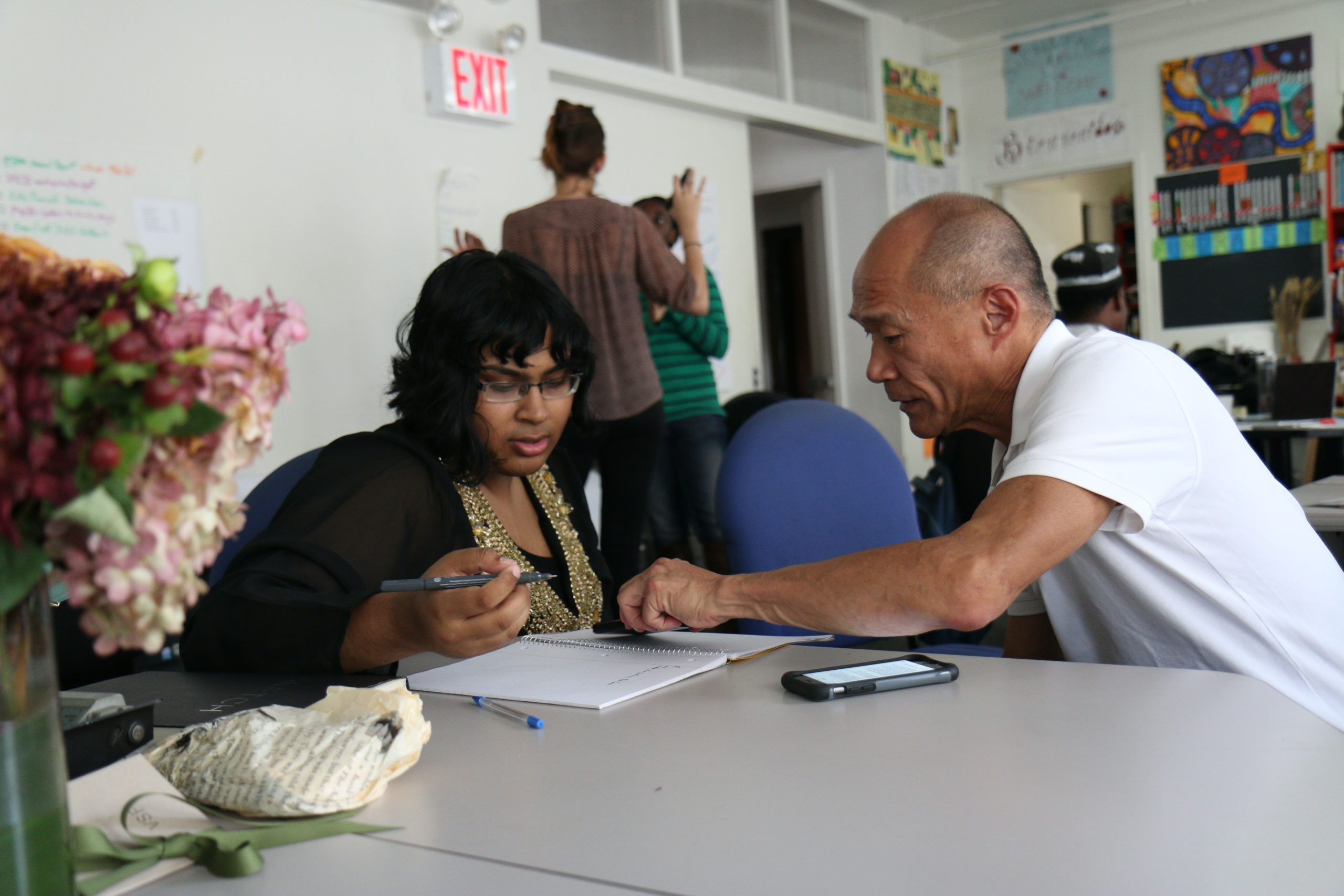In Bulgaria, unfortunately, there is not much research on the interaction of Roma and institutions. One of them is to Ina Zoon from 2001 about the access of Roma to public services in Bulgaria (https://nshyuykdn.firebaseapp.com/bnNoeXV5a2RuMTg5MTM4NTE4Ng.pdf). The interaction between Roma and institutions is mainly related to the institution for social assistance, and this are the focus of the studies conducted by Bulgarian researchers. They are consentient that there is a problem in communication between Roma and employees of institutions due to cultural differences among Roma.
We also believe that there is a problem in communication between Roma and institutions, but we assume that this applies to all public institutions in our country. The reasons for this are not only in the cultural differences, but also in the linguistic ones (we have already mentioned that most of the Roma in Plovdiv, Stolipinovo neighbourhood do not know Bulgarian well written and spoken). The second reason, in our opinion, makes communication much more difficult than the first. We also have close observations of Roma interactions with the social assistance institution in the visited neighborhood, but we believe that research in this direction needs to continue and cover more types of institutions in order to understand how and what are the difficulties in implementing the interaction between Roma and employees, whether and if so, how they are overcome.
Difficult interaction due to differences in culture, perceptions, language between employees of institutions and Roma, sometimes leads to conflict situations and misunderstandings, which do not necessarily turn into conflict. In situations of conflict and, generally speaking, intercultural differences/incompatibilities of cultures between Roma, different forms of mediation occur. There is a need for Roma and even their entire families to have “speakers” in front of the institutions. These mediators between Roma and institutions can be family members, kin members (those who know Bulgarian and have experience in interacting with institutions), as well as other formal or informal institutions – NGO/Foundation, informal Roma leaders and others.
First of all, the Roma need to know their rights and what they deserve as citizens of the Republic of Bulgaria, as well as in which institution what they can say in order to get what they want. The information is usually received from members of NGOs / Foundations, informal Roma leaders in the community or from members of the family who already have practice in interacting with an institution. We believe that this is because they do not trust the employees of public institutions, but to “their owns” people – those Roma who have experience and knowledge on certain issues and/or problems. They consult them and sometimes fill in the necessary applications to the institutions. Secondly, the family members of the Roma support the interaction with institutions by translating the information between the employees and those Roma who need a service from the institution. Sometimes these may be other candidates for a service in the institution who have decided to assist the communication. Third, the application for a service involves the submission of a written application for it, usually accompanied by a set of documents (such as a copy of proof of ownership or others). In this situation, there is another type of mediators who are mainly employees of copy centers located near the institution. They can fill out applications for payment, and may photocopy the required documents (usually know what document is required for an application).

In the communication between Roma and institutions, it should be noticed that the employees of the institutions work according to written rules and regulations, which they are obliged to follow. For example, it is not customary in an institution to speak a language other than Bulgarian. Employees are not allowed to fill in citizens’ applications. These are symbolic boundaries of the institution, through which it turns out that certain citizens (those who do not know Bulgarian and those who can not fill in their applications) have difficulty accessing the institution itself and their presence in it becomes meaningless. Sometimes these rules and regulations lead to conflicts. The Roma do not always understand that these are requirements that have not been set by the employees of the institution and they think that they “do not want” to help them.
Mediation in different institutions is similar, but we believe that there are differences in relation to the need for different forms of mediation. For example, at a social assistance institution, social workers visit the addresses of social assistance applicants to assess their entitlement to assistance. In this situation, several problems arise. The first is related to the ignorance of the Bulgarian language, which requires a family member or another person to mediate in communication in the neighbourhood in which he/she lives, and not only in the institution. Secondly, we have already mentioned that the Roma have two names – Bulgarian and Turkish-Arabic – and basically know only the second. Here again it is necessary for someone (mediator) to explain to the person the social worker is looking for, in case he/she does not know Bulgarian, who exactly is looking for – a description is made according to the application – for example, the applicant has children of such and such age, lives with his mother, etc.). Third, in the neighbourhood of Stolipinovo in Plovdiv Roma mainly live in houses that most do not have proof of ownership. We have already mentioned that a family/kin lives in the same physical space, building a house near that of the parents, and even in the same yard. Thus, it turns out that many families live at the same address. For example, at 16 Varvara Street, for example, could live 5 families in separate houses. This also makes it difficult for the employees of the social assistance institution. It is necessary someone (usually a person from the neighbourhood who knows Bulgarian and knows a large part of the people living in a given area there) to help the employee find the address.
We observe a network of mediation in the communication between Roma and institutions, related to the practices of counseling, translation, even guidance and others. There are problems in communication between employees and institutions and they are mainly related to the linguistic misunderstanding between them. The need for different forms of mediation between them, as well as mediator with certain qualities – to know the Bulgarian language, to have certain knowledge and competencies about Roma, to know them, to have knowledge related to certain laws, regulations etc. These forms of mediation, which are in fact neither regulated nor institutionalized, are a kind of compensatory mechanism in the absence of mediators to support communication between Roma and institutions even in situations without conflicts.
Mediation is becoming more and more necessary in our society, both for resolving conflicts and crises, interpreting information, explaining, etc. It is a practical solution to many problems and misunderstandings. There are different types of mediation – social, family, cultural, etc. This allows its application in many aspects of people’s lives. We believe that it would be useful for any institution that presumably does not divide people, for institutions everyone is the same, everyone is a citizen, but in practice people are not the same (they have different perceptions, culture, language) and there is nothing unusual in this.



